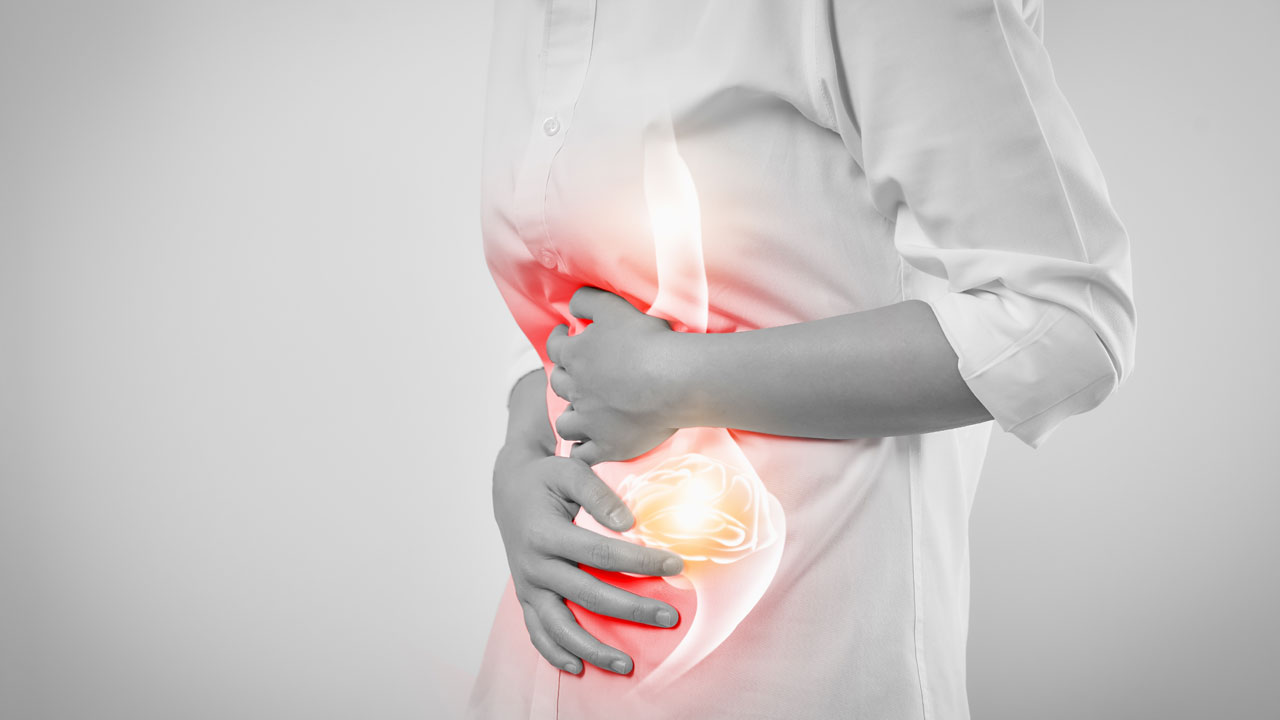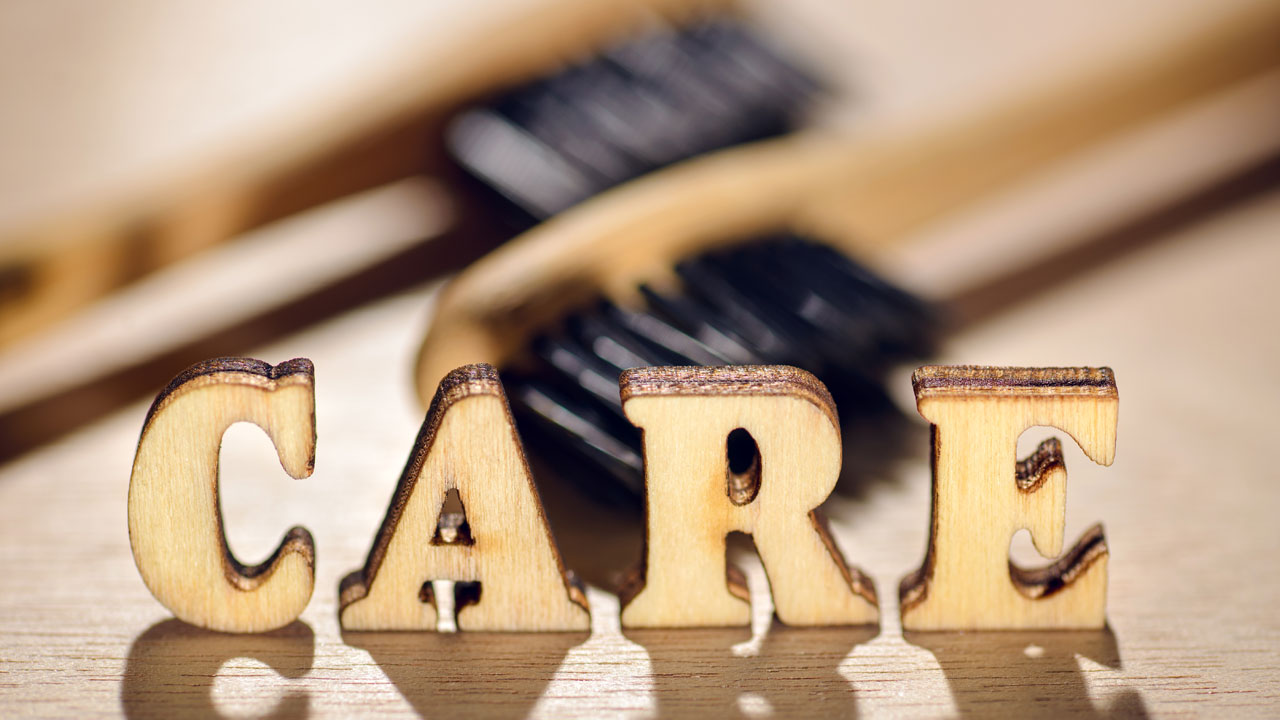Oral hygiene is an important section of our overall health and a simple aspect of maintaining our oral health that we should change our toothbrush regularly. A large number of people brush their teeth two times a day, they might not have an idea that using the same toothbrush for a long period can have serious health effects. In this article, we will discuss if you are not changing your toothbrush and why it's leading to dangerous diseases and we will also explore the importance of toothbrush replacement on a regular basis.
Toothbrushes' Role in Oral Health
The basic tools are toothbrushes and we use them to clean our teeth, this helps us to maintain oral hygiene. These toothbrushes can remove various types of bacteria, food particles, and plaque that can lead to multiple problems with teeth such as gum disease, cavities, and bad breath. We can keep our moths clean by using toothbrushes and we can also prevent the buildup of dangerous bacteria. However, with the passage of time, the effectiveness of these brushes can decrease and even they can become breeding grounds for dangerous microorganisms.
The Consequences of Not Changing Your Toothbrush
The problem with the Oral Health
Using a toothbrush for a long period with a buildup of harmful bacteria can reduce its effectiveness which will definitely not clean your teeth. The plaque will not be removed which can lead to tooth decay and other issues related to dental.
Infections
Not changing your toothbrush regularly can lead you to various infections. Different types of bacteria for instance Streptococcus mutants, which are related to tooth decay, and Porphyromonas gingivalis which is linked to periodontal disease. These bacteria can thrive on old toothbrushes. Obviously, when these bacteria have a relation with your mouth during cleaning of teeth, you are definitely at a higher risk of infection.
Viral Contamination
Issues of Gastrointestinal
When to Change the Toothbrush
Instructions for the Toothbrush Care
- After each use of the toothbrush rinse it thoroughly with tap water so it will remove any remaining debris and toothpaste.
- You should keep your toothbrush separate from other toothbrushes to prevent cross-contamination.
- Never share your toothbrush with others, as this can spread multiple infections.









